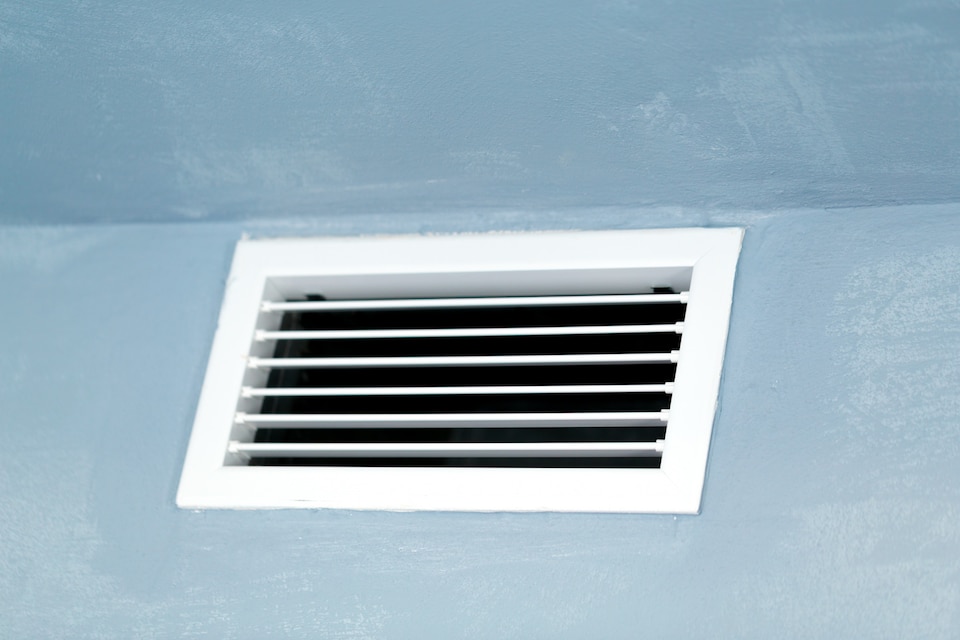For allergy sufferers in Garland, TX, where seasonal allergens are common, maintaining good indoor air quality (IAQ) is more than just a matter of comfort—it’s essential for their well-being. Pollutants, allergens, and irritants in your home can exacerbate allergy symptoms, making it challenging for sensitive individuals to find relief. Many are unaware that their HVAC system plays a critical role in managing indoor air quality and, consequently, their allergy symptoms.
Continue reading as we delve into the link between indoor air quality and allergies, highlighting the common allergens found indoors and their impact on sensitive individuals. Furthermore, we’ll explore practical solutions to improve air quality in your home, from routine HVAC maintenance to additional air purification systems. As trusted professionals in HVAC installation, repair, maintenance, and heating services in Rockwall, Wylie, Garland, and Dallas, TX, One Hour Heating & Air Conditioning understands the importance of good indoor air quality for allergy sufferers and aims to help you create a healthy, allergen-free environment to make your home a sanctuary.
1. Common Indoor Allergens Affecting IAQ
A crucial step to understanding the link between allergies and indoor air quality is identifying common indoor allergens that contribute to poor IAQ in your home. Some of these allergens include:
- Pollen: During pollen season, microscopic particles can easily enter your home through open windows, doors, and even on clothing and shoes. Once indoors, pollen particles circulate through your HVAC system, impacting the air quality and affecting allergy sufferers.
- Dust Mites: These microscopic creatures thrive in soft furnishings like bedding, carpets, and upholstery. Dust mite allergens in the air can lead to allergic reactions, such as sneezing, itching, and watery eyes.
- Mold Spores: Mold breeds in damp environments and releases spores into the air, which can significantly affect sensitive individuals when inhaled.
- Pet Dander: Pet dander, the microscopic skin particles shed by animals, can become airborne and trigger allergies in susceptible individuals.
Understanding and being aware of these common allergens can help you take effective measures to create a healthier indoor environment.
2. HVAC Maintenance to Improve Indoor Air Quality
Your HVAC system plays a significant role in regulating and maintaining the indoor air quality in your home. Proper upkeep and maintenance are crucial in ensuring a clean, allergen-free environment. Our professionals suggest the following HVAC maintenance tasks to improve IAQ and reduce allergy triggers:
- Regular Filter Replacement: Air filters play a vital role in trapping allergens and pollutants, preventing them from circulating within your home. Replacing filters frequently, ideally every 1 to 3 months, is essential to maintain clean air and avoid clogging the system.
- Air Duct Cleaning: Over time, air ducts accumulate dust, pollen, pet dander, and mold spores, which can be distributed throughout your home when the HVAC system is running. Scheduling professional air duct cleaning can help eliminate these allergens and promote better IAQ.
- Routine HVAC System Inspections and Maintenance: Annual inspections and maintenance conducted by our technicians can help identify any underlying issues in your HVAC system that may contribute to poor IAQ, such as mold growth, leaks, or improper functioning.
By implementing these maintenance tasks, you can effectively reduce allergens within your home and relieve allergy sufferers.
3. Invest in Air Purification Systems
Apart from routine HVAC maintenance, investing in air purification systems can further improve the indoor air quality in your home and alleviate allergy symptoms. Some effective solutions include:
- Air Filtration Systems: These systems, in combination with your HVAC unit, provide an added layer of protection against allergens and pollutants. High-efficiency particulate air (HEPA) filters, for example, are designed to capture even the smallest particles that can trigger allergies.
- Whole-House Humidifiers and Dehumidifiers: Balancing the humidity levels in your home can help prevent mold growth and minimize dust mite populations, creating a more comfortable environment for allergy sufferers. A whole-house humidifier or dehumidifier can work in tandem with your HVAC system to maintain optimal humidity.
- UV Germicidal Lights: UV lights installed within your HVAC system can neutralize airborne allergens, bacteria, and mold spores, reducing the allergen load in your home’s air.
Our professionals can assess your home’s needs and recommend suitable air purification systems to enhance your indoor air quality further and provide relief for allergy sufferers.
4. Implement Additional Allergen Reduction Strategies
In addition to maintaining your HVAC system and utilizing air purification solutions, implementing the following allergen-reduction strategies can help improve the IAQ and comfort in your home:
- Regular Cleaning: Frequently vacuuming and dusting can help minimize allergen buildup in carpets, upholstery, and other surfaces.
- Moisture Control: Repair any water leaks and use exhaust fans in bathrooms and kitchens to prevent mold growth.
- Pet-Free Zones: Designate specific areas, such as bedrooms, as pet-free zones to minimize exposure to pet dander.
- Use Allergen-Resistant Bedding: Allergen-resistant covers for mattresses and pillows help reduce dust mite populations and improve sleep quality for allergy sufferers.
By using a holistic approach to improving your home’s indoor air quality, you can effectively reduce allergens and irritants, thus alleviating allergy symptoms for sensitive individuals.
Breathe Easier with Improved Indoor Air Quality in Garland, TX
Understanding the connection between indoor air quality and allergies is crucial for creating a comfortable, healthy, and allergen-free environment for sensitive individuals in your home. Identifying common indoor allergens, investing in routine HVAC maintenance, employing air purification systems, and implementing allergen reduction strategies can significantly improve IAQ, thus offering relief to allergy sufferers.
Let our One Hour Heating & Air Conditioning professional team help you breathe easier and enjoy a healthier home environment. Our experienced technicians are skilled in HVAC services in Garland, TX, and can guide you toward the best solutions for mitigating allergy triggers and improving indoor air quality in your home. Contact us today to discuss your needs and schedule a consultation to transform your home into a haven of comfort and improved air quality.











